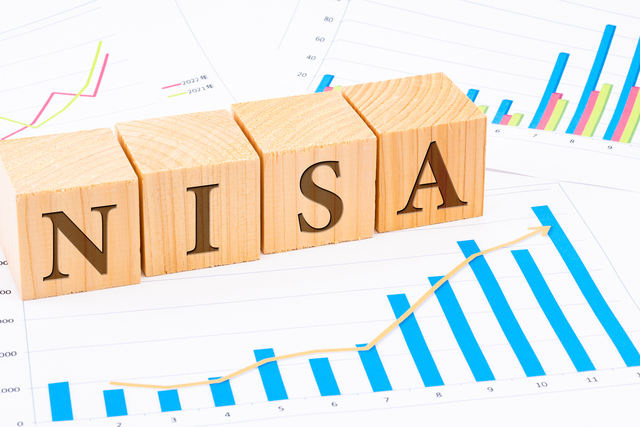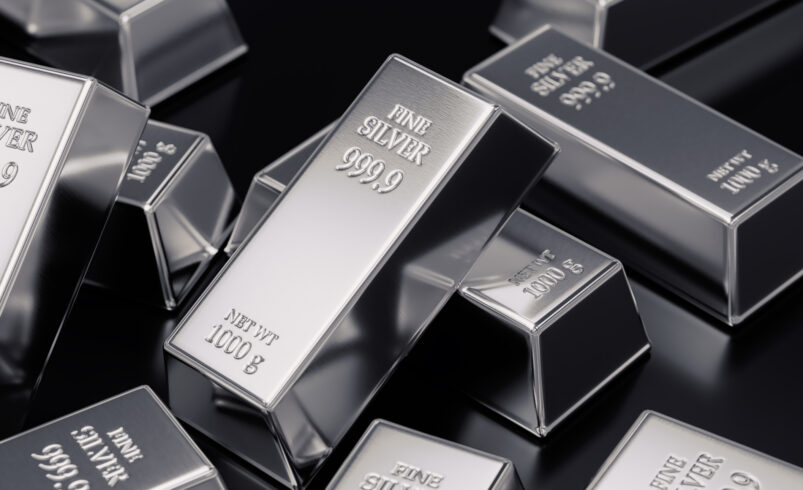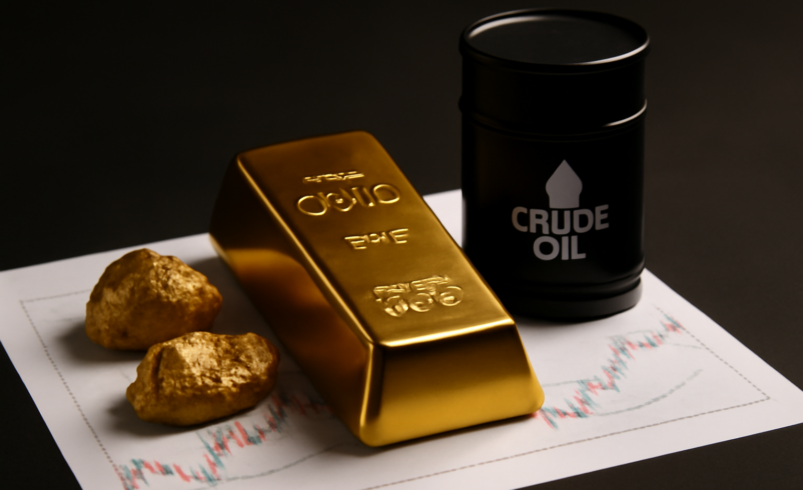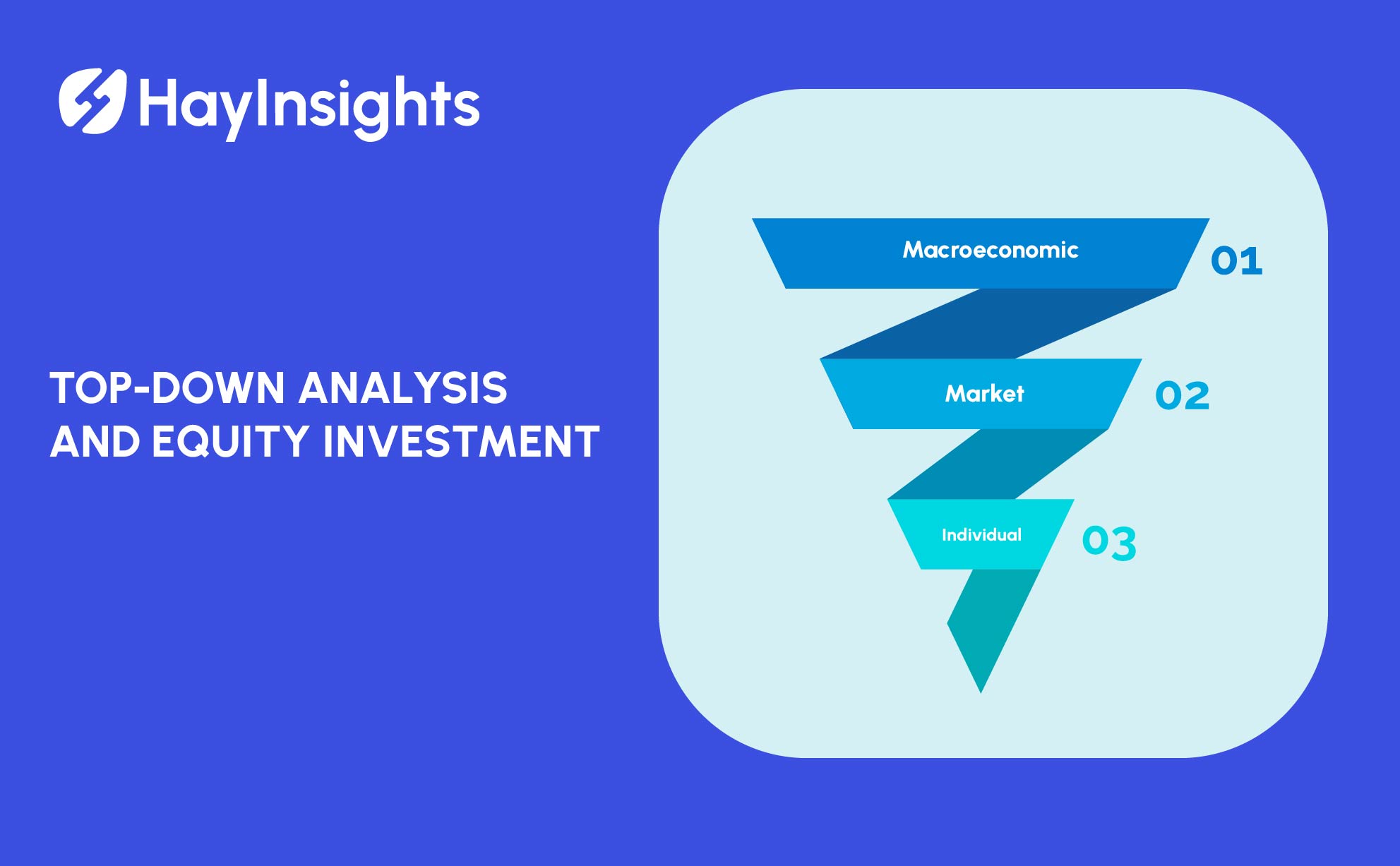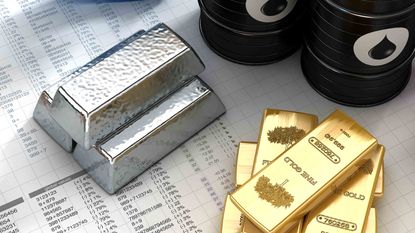
Is Japan Gold a Good Investment: 4 Effective Ways to Invest
In a world of economic uncertainty and fluctuating global markets, investors are constantly seeking reliable assets to protect and grow their wealth. For many, gold has long served as a classic safe-haven, a tangible store of value that transcends borders and political shifts. But when we talk about gold, the conversation quickly becomes more nuanced. One question that international investors frequently ponder is: is Japan gold a good investment? The answer, as with most financial decisions, is complex, multifaceted, and depends heavily on an individual’s specific circumstances, goals, and risk tolerance.
This detailed guide will explore the unique factors that influence the Japanese gold market, from the country’s specific economic conditions and government policies to the various investment vehicles available. We will delve into the reasons why Japanese and international investors alike are turning to this precious metal, while also critically examining the risks and costs involved. By the end of this article, you will have a comprehensive understanding of whether investing in gold in Japan aligns with your personal investment strategy.
The Appeal of Gold in a Japanese Context
Japan’s economic landscape is distinct and presents a compelling case for gold as an investment. For decades, the country has grappled with deflationary pressures, ultra-low interest rates, and a rapidly aging population. These unique conditions have created an environment where traditional savings accounts and government bonds offer minimal returns, making alternative assets increasingly attractive.
The Power of the Yen-Dollar Exchange Rate
One of the most significant drivers of gold’s value for Japanese investors is the relationship between the Japanese yen and the US dollar. Gold is typically priced in US dollars on the global market. When the yen weakens against the dollar, the price of a troy ounce of gold, when converted into yen, automatically increases. This phenomenon makes gold a natural hedge against yen depreciation. In an era where the Bank of Japan has maintained a dovish monetary policy while other central banks have raised rates, the yen has experienced periods of significant weakening. This currency dynamic has historically made gold a highly attractive asset for preserving purchasing power within Japan.
A Safe Haven in Times of Uncertainty
Just like in other parts of the world, gold in Japan is seen as a crucial safe-haven asset. Concerns about global geopolitical tensions, trade disputes, and the stability of the international financial system have historically prompted a flight to safety. When these concerns are coupled with domestic issues, such as Japan’s massive government debt and the long-term sustainability of its fiscal policies, the demand for gold as a hedge against systemic risk intensifies. For a risk-averse investor, the intrinsic value of gold offers a form of financial insurance that is independent of government promises or the health of any single corporation.
Portfolio Diversification and Reduced Volatility
Modern portfolio theory emphasizes the importance of diversification to mitigate risk. Gold often exhibits a low or negative correlation with other major asset classes like stocks and bonds. This means that when stock markets are experiencing a downturn, gold prices may be moving in the opposite direction or holding steady. By allocating a portion of a portfolio to gold, investors can potentially reduce overall portfolio volatility and improve risk-adjusted returns. For a well-structured investment strategy that seeks to weather market storms, the inclusion of a gold component is a prudent consideration.
Navigating the Japanese Gold Investment Landscape
For an international investor, understanding the different avenues for gold investment in Japan is essential. Each method comes with its own set of advantages, disadvantages, and specific considerations.
1. Physical Gold: Bars and Coins
Direct ownership of physical gold in the form of bullion bars and coins is the most traditional way to invest. This method provides the tangible security that many investors seek. In Japan, reputable dealers such as Tanaka Precious Metal Technologies Co. and others provide a range of options.
- 長所: Tangible asset, ultimate security of ownership, no counterparty risk.
- 短所: Requires secure storage (bank vaults or home safes), which incurs costs. Insurance is also a necessity. The initial purchase is subject to a consumption tax, currently at 10%. While this tax can be recovered when the gold is sold, it represents a significant upfront cost that must be factored into the investment’s return calculations.
2. Gold-backed ETFs
For investors who want the price exposure of gold without the hassles of physical ownership, gold-backed Exchange-Traded Funds (ETFs) are an excellent option. These funds hold physical gold bullion on behalf of their investors, and shares of the fund can be bought and sold on a stock exchange.
- 長所: High liquidity, low transaction costs compared to physical gold, no need for personal storage or insurance, and shares can be easily bought and sold through a brokerage account. The Japan Physical Gold ETF (1540:TYO) is a popular option that directly tracks the price of physical gold.
- 短所: Carries an expense ratio or management fee to cover the fund’s operational costs. There is a small degree of counterparty risk, as investors do not directly own the physical metal but rather a share in the trust that holds it.
3. Gold Mining Stocks
An alternative, indirect way to invest in gold is by buying shares of companies that are involved in gold exploration, mining, and production. Japan Gold Corp., for example, is a company focused on gold exploration in Japan.
- 長所: Potential for leveraged returns. A small increase in the price of gold can lead to a disproportionately larger increase in the mining company’s profits and stock price.
- 短所: High volatility. The performance of these stocks is not solely dependent on the price of gold but also on company-specific factors like operational efficiency, management, debt, and geopolitical risks in their mining locations.
4. Gold Accounts and Savings Plans
Some financial institutions in Japan, such as commercial banks and precious metals companies, offer gold accounts. These accounts allow individuals to buy and sell gold in smaller increments without taking physical delivery. It’s a convenient way to accumulate gold over time, sometimes through a regular savings plan.
- 長所: Easy to manage, low minimum investment amounts, and ideal for dollar-cost averaging.
- 短所: May involve fees, and the gold is often held by the institution, introducing a layer of counterparty risk. The consumption tax may also apply to each purchase.
Critical Analysis: The Risks and Downsides
While the upsides of gold investment in Japan are clear, a balanced perspective requires a thorough examination of the potential risks and disadvantages.
Currency Risk and the Yen’s Volatility
The same factor that can make gold a good investment—the yen’s fluctuation against the US dollar—can also be a double-edged sword. If the yen were to strengthen significantly, the value of gold in yen terms would decrease, potentially eroding returns. Predicting currency movements is notoriously difficult, and a strong yen can diminish the appeal of gold as a hedge.
No Yield or Passive Income
Unlike stocks that pay dividends or bonds that provide interest, gold is a non-yielding asset. Its value is based entirely on capital appreciation. This means it does not generate a passive income stream, making it unsuitable for investors who rely on their portfolios for regular cash flow.
The Impact of Japan’s Consumption Tax
The 10% consumption tax on the purchase of physical gold is a major hurdle. While it’s technically recoverable upon sale, it can significantly impact short-term trading strategies and requires a larger initial capital outlay. This tax is a unique consideration for the Japanese market and a key difference from investing in gold in other countries.
Storage and Insurance Costs
For those who choose to own physical gold, the costs don’t stop at the purchase price. Secure storage in a bank or private vault and insurance to protect against theft or damage are ongoing expenses that eat into potential returns. These costs must be carefully weighed against the psychological comfort of holding a tangible asset.
市場のボラティリティ
Despite its reputation as a safe haven, the price of gold is not immune to volatility. It is influenced by a myriad of global factors, including interest rate decisions by central banks, changes in inflation expectations, and shifts in investor sentiment. The price can fluctuate significantly over short periods, and there is no guarantee that its value will always increase.
Final Verdict: Is Japan Gold a Good Investment for You?
The question of whether is Japan gold a good investment ultimately depends on your individual financial strategy and market outlook. For an investor looking for a strategic hedge against a potentially weak yen, a portfolio diversifier, or a tangible asset in times of economic uncertainty, gold in the Japanese market presents a compelling case. The country’s unique economic environment, characterized by low interest rates and a need for inflation protection, enhances gold’s appeal.
However, a prudent investor must also be fully aware of the risks. The potential for currency fluctuations, the drag of the consumption tax on physical purchases, and the lack of a regular yield are all critical factors to consider. For many, a diversified approach that includes various gold investment vehicles—such as ETFs alongside a small holding of physical gold—may be the most balanced and effective strategy.
Before making any investment, it is highly recommended to consult with a financial advisor who understands both the Japanese market and your personal financial goals. By carefully weighing the pros and cons and choosing the right investment method, you can determine if gold has a rightful place in your portfolio and whether it can help you navigate the complexities of today’s global economy.


